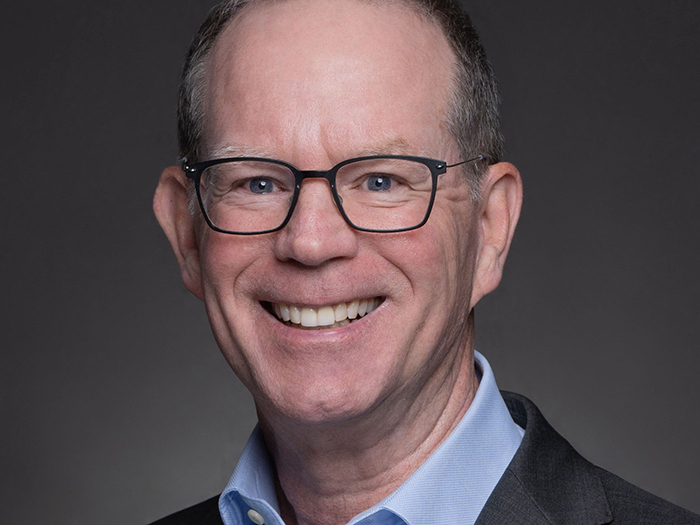5 Ways Higher Education Can Redeem Itself After the Admissions Bribery Scandal
In the 1987 movie Baby Boom, J.C. Wiatt (Diane Keaton), a high-flying New York executive, “inherits” two-year-old Elizabeth from a distant cousin who recently died. Months later, she’s in Central Park chatting with other mothers as their little ones have a playdate. One mother reports her daughter’s status.
“We heard from Dalton. Crosby didn’t get in. I’m so upset. Without the right preschool she can’t get the right kindergarten. Without the right kindergarten, I can forget any hope of an Ivy League college!”
One of the mothers sympathizes, “Honey, that is so devastating.”
The first mother continues, “I just don’t understand it. Her resume was perfect. Her references were impeccable. Dennis is gonna kill me.”
That’s when J.C. Wiatt joins in with, “Are the good schools hard to get into?”
The news that people of privilege engage in criminal behavior to get their kids into the right schools is not all that shocking. For years, we knew that admission to Harvard was the educational equivalent of the Willy Wonka golden ticket.
Perhaps we should ask that question to former “Desperate Housewives” star Felicity Huffman and “Full House” actress Lori Loughlin. They, along with 48 other wealthy Americans were indicted in a college admissions cheating scheme. Raising her daughter’s SAT score 400 points cost Huffman $15,000. Loughlin sprung for $500,000 to get her daughter into USC.
The news that people of privilege engage in criminal behavior to get their kids into the right schools is not all that shocking. For years, we knew that admission to Harvard was the educational equivalent of the Willy Wonka golden ticket. The same was somewhat true for universities such as Yale, Stanford, Oxford, Cambridge and Tokyo.
Getting in was the hurdle. Once admitted, Ted Kennedy, George W. Bush, Donald Trump and many others graduated from Ivy League universities even if they might not have been academically qualified for original admission.
The situation of privilege, in a nutshell, is both a reality and a risk in higher education.
From a risk management perspective, we can hardly fault parents who begin to plan their child’s education prior to conception. In a society that admires privilege, it matters what schools you went to, even if you didn’t learn a great deal during four years on a campus.
At the same time, what the parents did was wrong. They’ll be punished, likely with jail time since their actions involved fraud, racketeering, conspiracy, money laundering and obstruction of justice.
A potential upside to the story comes from the possibility of a jolt to our understanding of the need for major reforms in our colleges and universities. Here are 5 things I think need to happen, and quickly:
1) Academic programs and course offerings need to change to reflect new realities.
2) Professors and administrators need to make reforms to address precarious financial conditions.
3) Foundations and nonprofit organizations need to shift resources from the already-well-endowed institutions to struggling private and public colleges.
4) Politicians need to address the student debt crisis.
5) Institutions need to acknowledge scholarly research but not at the price of ignoring undergraduates.
These changes may be painful without an attitude change. We can start with a current conversation.
“We heard from Georgetown. Crosby didn’t get in. I’m so upset. Without the right college, she can’t get the right job. Without the right job, I can forget any hope that she’ll move out of the house before she’s 30.”
A friend with her own boomerang kids sympathizes, “Honey, that is so devastating.”
It only takes a spark to light a fire that can change a landscape. If the troubles of Ms. Huffman, Ms. Loughlin and others encourage better behavior, they may inadvertently accelerate overdue reforms in higher education.








